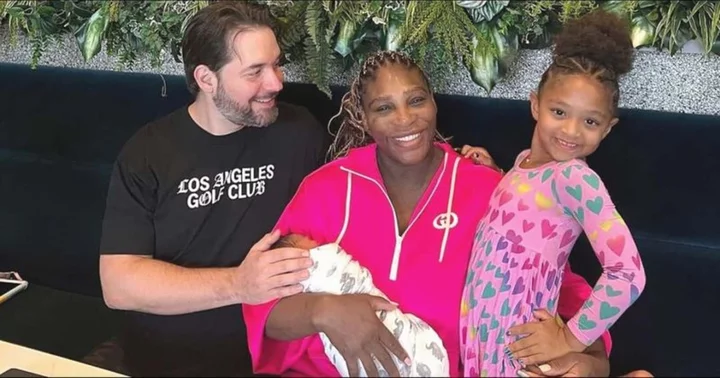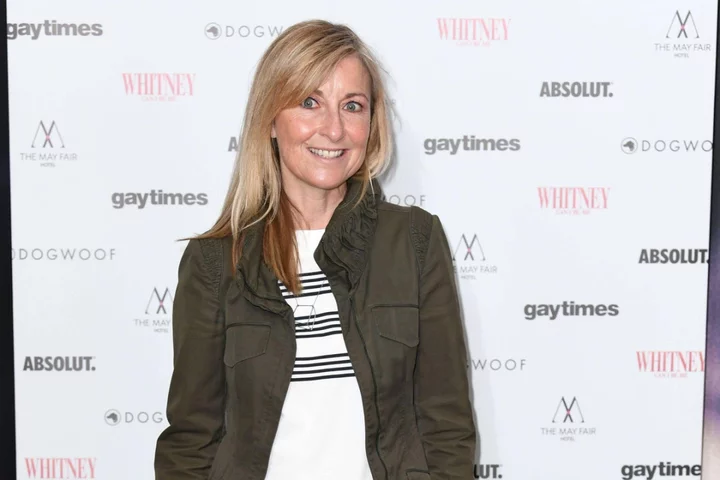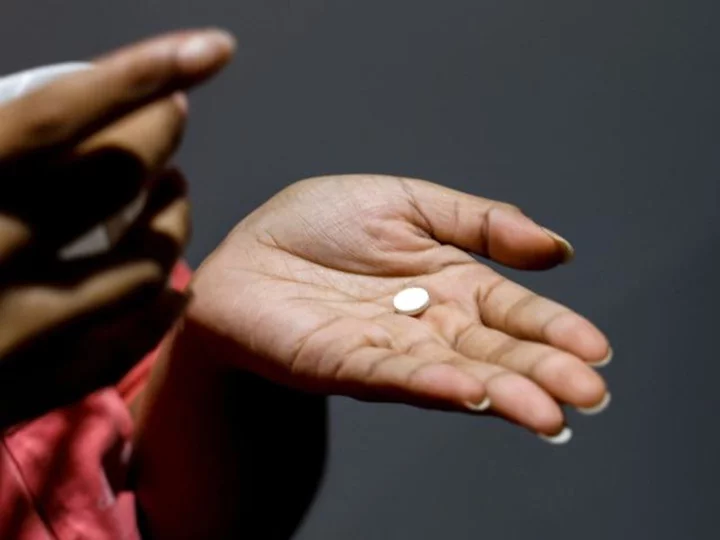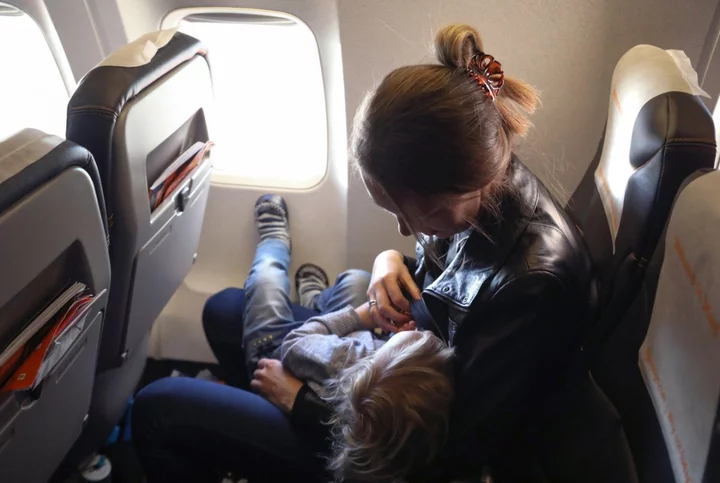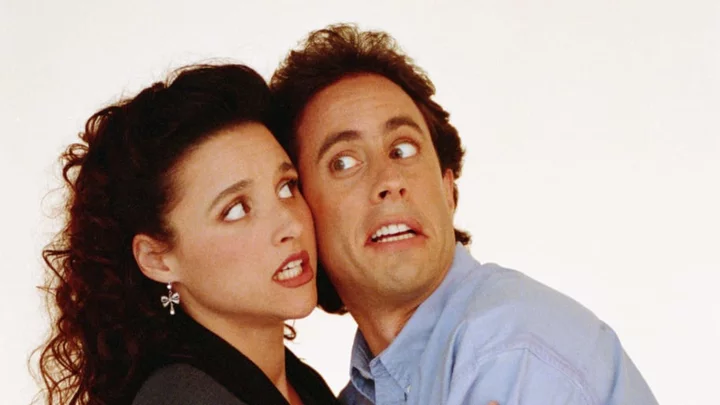Picture this: You grew up in a family that didn’t openly talk about mental health. Now, well into adulthood, you’re much more comfortable talking about it with those close to you, but you still haven’t participated in any kind of therapy. You understand why it’s important and have even vaguely wondered if it was right for you, but you never actually sought it out. Yet, somehow, you find yourself chatting with a pro on camera, broadcasting yourself doing brainspotting, your first-ever therapy exercise, live on the internet.
That’s exactly the position Refinery29 Entertainment Director and Twitch host Melissah Yang put herself in during last week’s stream as she chatted with Hatty Lee, a licensed marriage and family therapist and somatic brainspotting practitioner with over 13 years of experience. As the founder of Oak and Stone Therapy, a collective of Asian and Asian American therapists in LA, Lee understands where Yang is coming from. Lee also grew up not really talking about mental health. “I didn’t look like someone who was dealing with mental health problems — I was your average, young, high-achieving Asian who looked fine, enthusiastic, happy,” she told Yang. “But I was dealing with mental health stuff all the time. I was depressed, I was anxious, I was dealing with a lot of shame, but no one would have known that because [I didn’t] look the part. And I hear that a lot from people in our communities.”
After her first therapy experience in college — which occurred with an Asian therapist — went well, Lee knew she wanted to help others in the same way. Now, her practice is focused on working with people with Asian backgrounds because she has found that starting with shared identities and lived experiences helps ease into difficult therapeutic work.
And that brings us back to the Twitch sitdown. Often, Lee comes across people of similar backgrounds who, like Yang, have never sought out therapy before and are too daunted to even start looking. That’s why, to help reach more people, she also employs methods outside of traditional talk therapy, such as her wellness lifestyle brand and guidebook Indwell. Also part of her practice is brainspotting, an abridged version of which she did with Yang on the stream.
As Lee explained it, brainspotting is a brain-based therapy model that has been proven to address a variety of mental health issues (and can even work faster than talk therapy) by using different eye positions to locate different areas in your brain where memories, emotions, and trauma are stored. The idea is that by accessing these hard-to-find spots, both your brain and body can clear and heal from trauma more effectively. “It really helps you heal,” Lee said. “And not just heal, but also thrive and expand into all the possibilities of your life.”
While Lee and Yang didn’t get into their deepest traumas during the stream, Lee did guide the host through a brainspotting session focused on accessing a more positive state. Over the better part of an hour, Lee posed questions, asking Yang to scan the horizontal and vertical axes of her vision to pinpoint certain emotions (different stresses, peace, pride) and where she felt them manifest in her body. Yang said the experience brought up a variety of memories (a few tears were even shed) and that she even felt a bit lighter after. “I feel like I can look forward,” she told Lee. “I can look straight — I can look straight in the eye of what’s happening here.”
Though you might not want to share your own experience for all of the internet to discover, how can you decide if brainspotting is right for you? Well, Lee suggested if you’ve already tried talk therapy — which, to be clear, can be very helpful — and you feel like you’ve either made as much progress as you can or the progress left for you to make is limited, brainspotting might be a great option. “[Brainspotting] gives us direct access to the [trauma] point and helps our body work it out, problem solve and process it much deeper than talk therapy allows,” she added. Tread carefully, because that may be too much too soon than beginners are prepared for, but if you’re ready to jump in, Lee says go for it.
Watch the full VOD of Melissah and Hatty’s brainspotting session. R29 Twitch streams Thursdays at 2 p.m. PT/5 p.m. ET.



